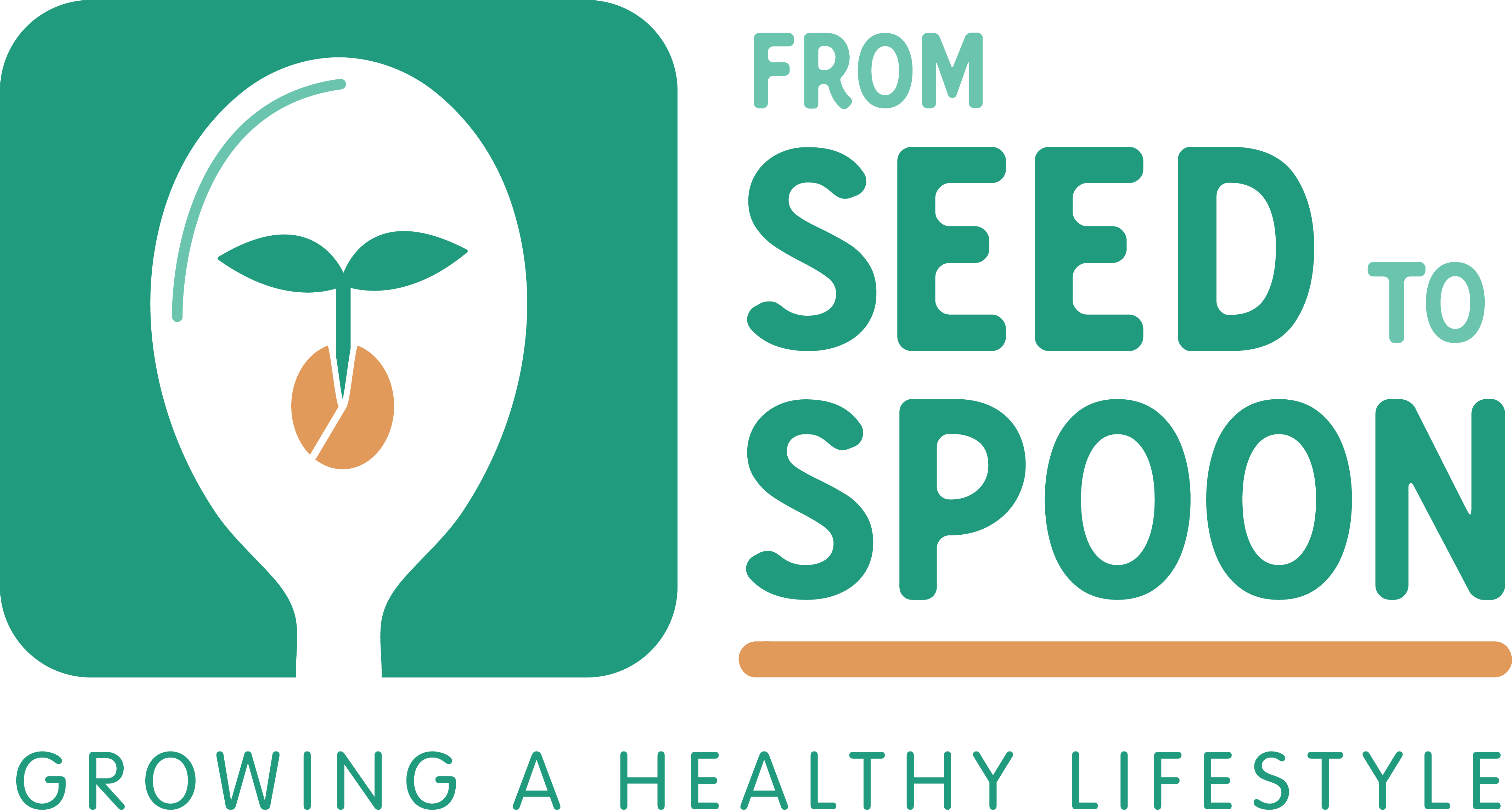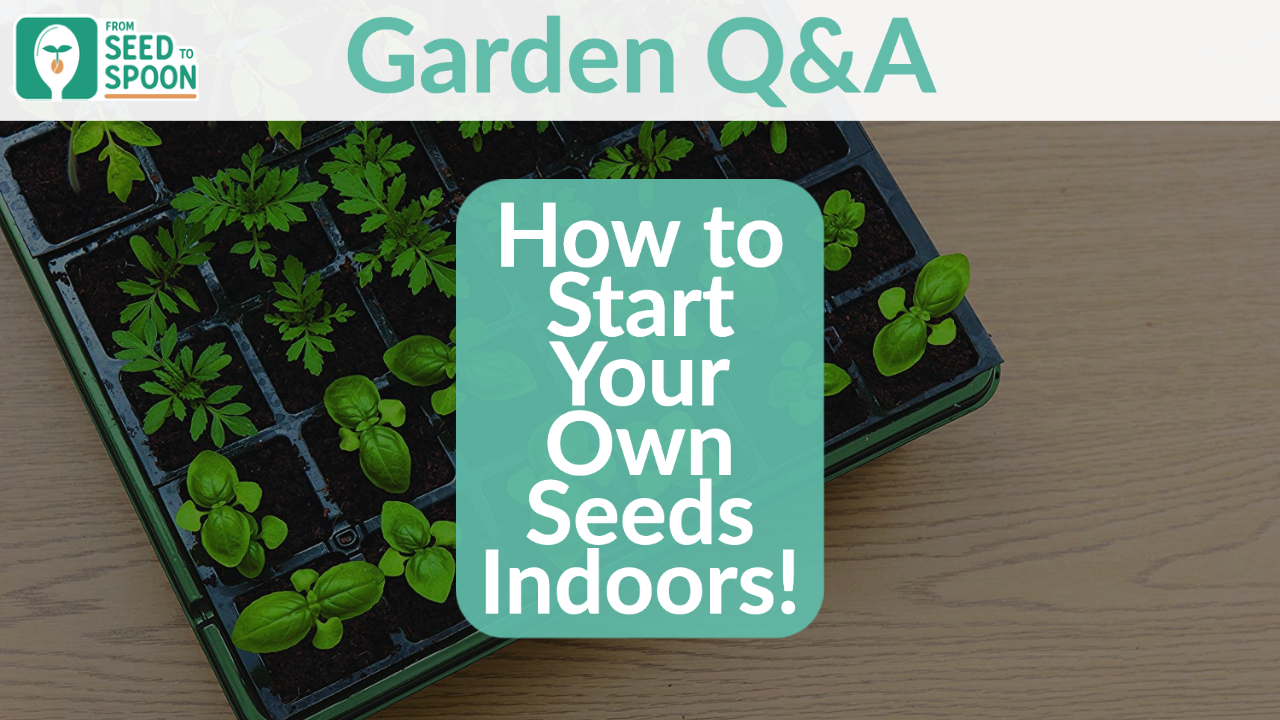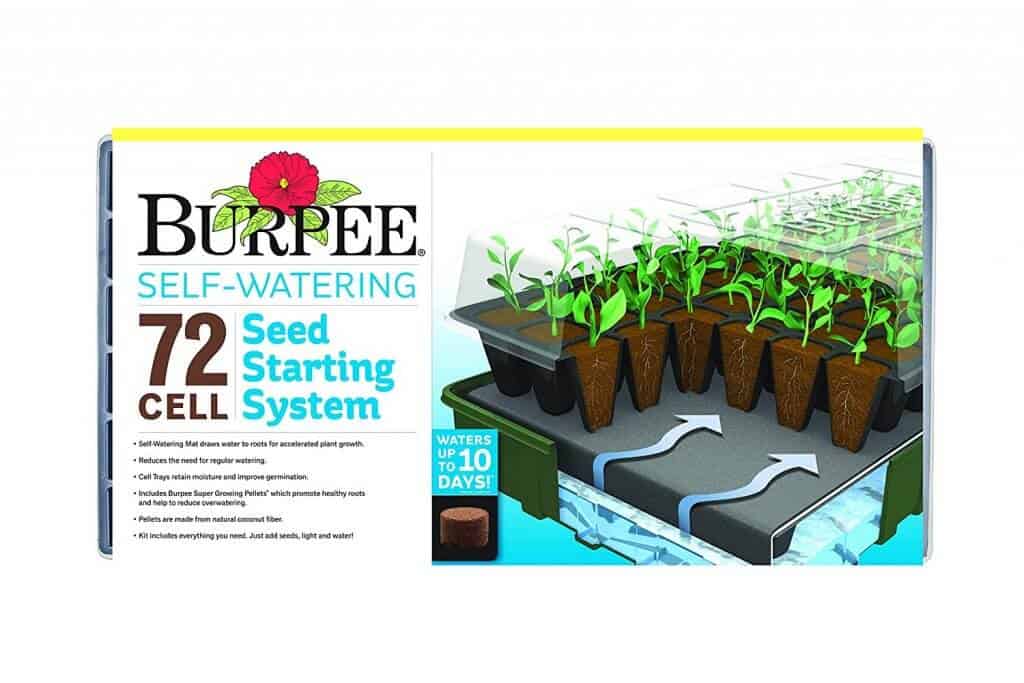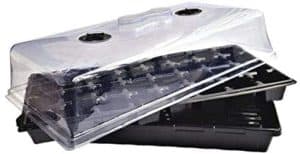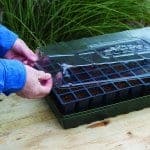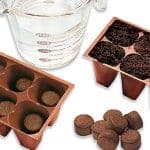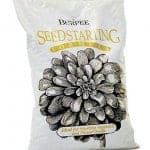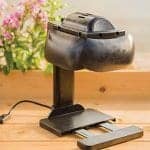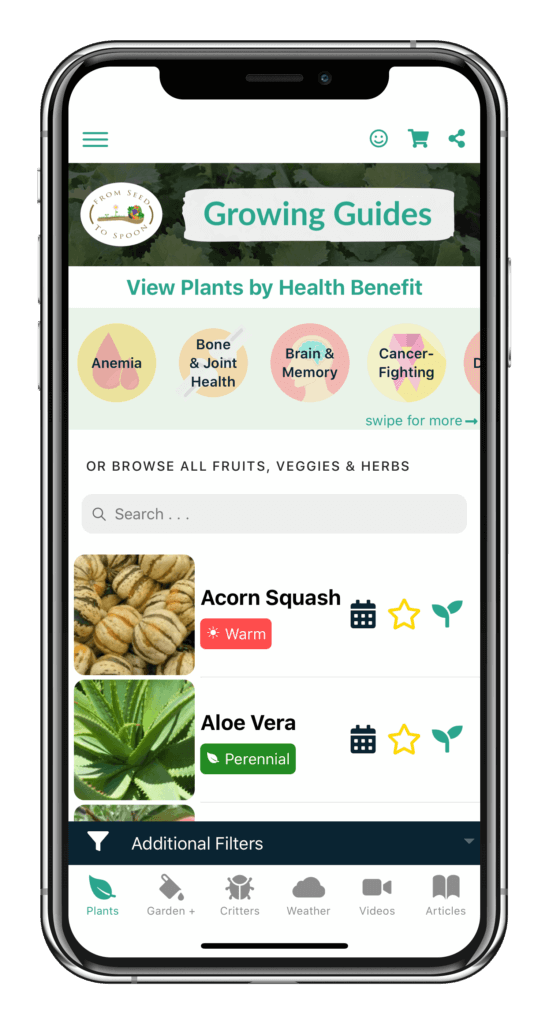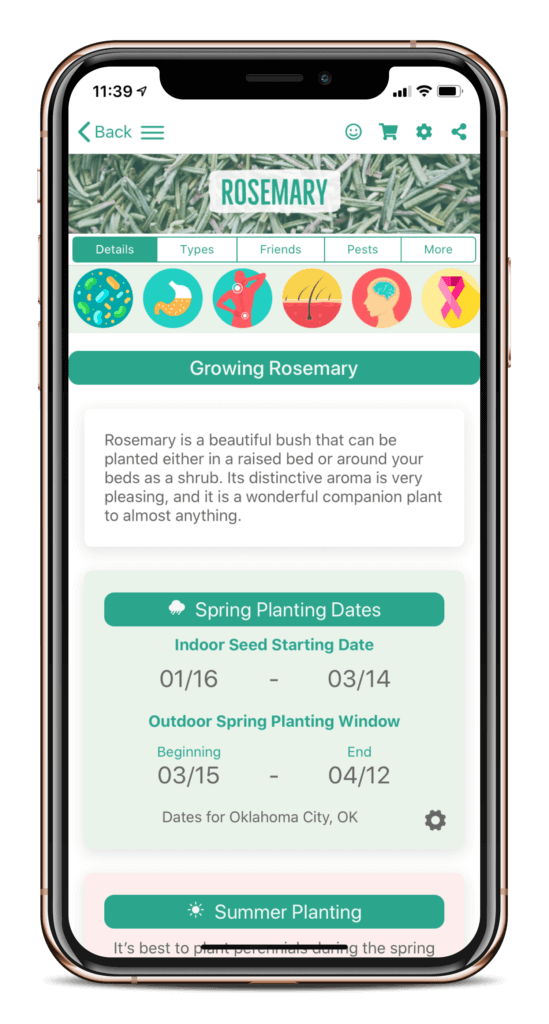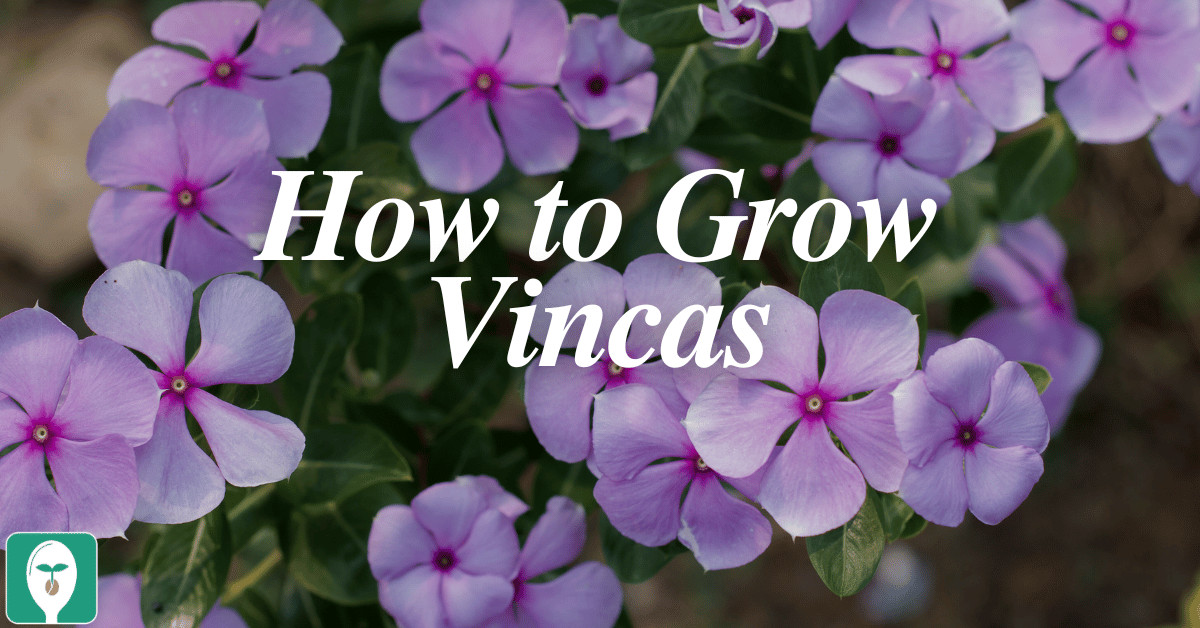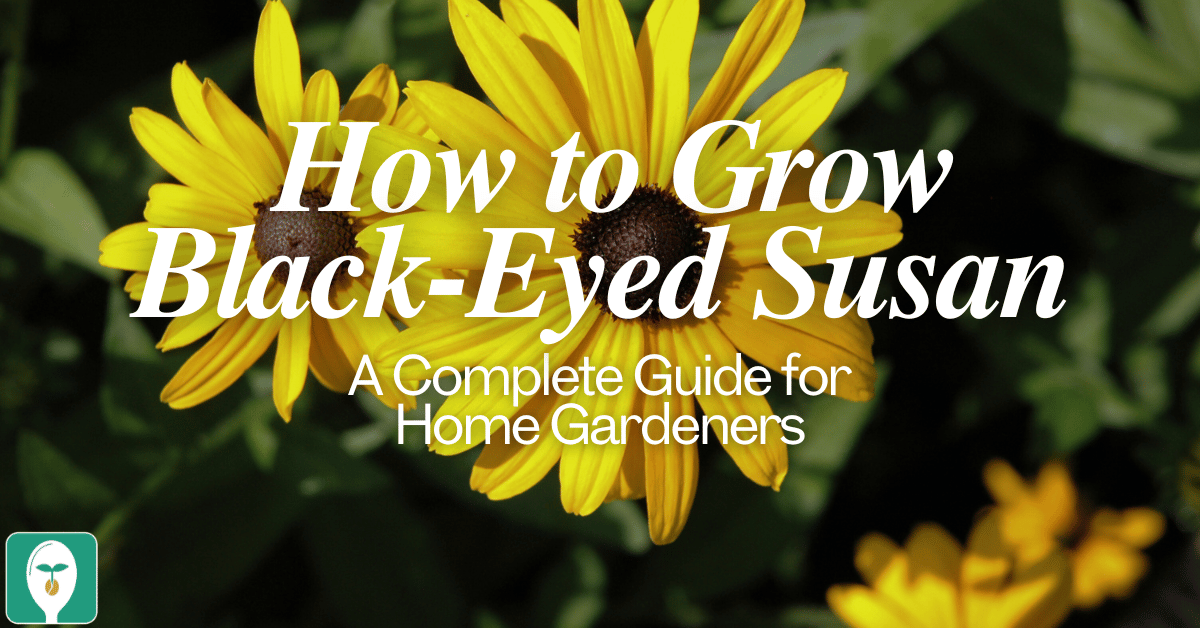Q: Do I need to start seeds indoors? If so, how do I do that?!
A: It depends. Some seeds should be started indoors because they grow slower than others or the growing season is not long enough outdoors. Some people simply want to start plants indoors to get a head start on the growing season! It’s a lot to keep track of, but you can find out from our free iOS, Android, and Universal web app exact dates and which plants may require an indoor planting time in your area.
Starting seeds indoors does not have to be super expensive or difficult! Check out this video about how we built a 1000+ seed starting station for less than $100!
How to Get Started:
The easiest way to get started growing your seeds indoors is to purchase a self-watering seed starting kit. This has everything you would need to get started growing seeds indoors without having to piece together items yourself.
Here’s another option of a seed starting kit from Bootstrap Farmer that has a dome for a greenhouse effect also!
If you choose to DIY, here are some of the items that you will need:
- Container & Cover: Any type of pot that has some drainage in the bottom will work for seed starting. Covering your containers will help to keep them moist. You can remove this and keep it off once most have sprouted. This can simply be something as easy as cellophane.
- Soil: Seed starting mix or pellets
- Seeds: Burpee has a wide selection of seeds for great prices! You can look at all the varieties through our app and filter through varieties easily to help you pick out what plant is best for you!
- Light: You can place your containers next to a window that receives a lot of sun or you can use grow lights set above the plants. We also use standard shop lights above our baby plants to make sure they get plenty of light.
Learn more about growing over 100 different foods, including how to manage various pests in our FREE iOS, Android, or Universal Web App!
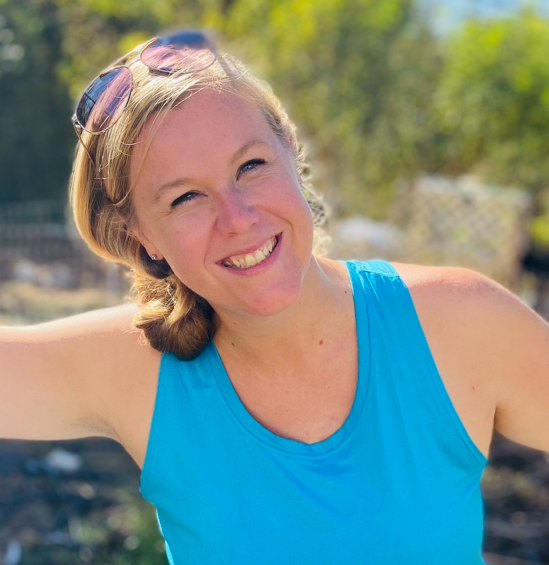
Carrie Spoonemore, co-founder of “From Seed to Spoon,” stands as a beacon of inspiration for gardeners and health enthusiasts alike. Her journey alongside her husband, Dale Spoonemore, in creating a platform that demystifies gardening and promotes a healthier lifestyle, has made a significant impact on individuals around the globe. Through the “From Seed to Spoon” app, Carrie has dedicated herself to empowering people to take control of their health and environment by growing their own food.
With a profound belief in the power of gardening to improve mental and physical health, Carrie’s contributions to the Seed to Spoon blog reflect her holistic approach to wellness. Her articles often focus on the nutritional benefits of homegrown fruits and vegetables, organic gardening practices, and the mental health benefits of spending time in nature. Carrie’s expertise in health science shines through in her detailed discussions on how specific plants can contribute to a balanced diet and overall well-being.
Carrie’s passion for gardening is deeply intertwined with her commitment to family and community wellness. She frequently shares personal stories of how gardening has brought her family closer together, offering practical tips for involving children in gardening activities and making it a fun, educational experience. Her writing encourages families to explore gardening as a means of spending quality time together while learning about nature and sustainability.
In addition to gardening advice, Carrie’s contributions to the blog include insights into the use of technology to enhance the gardening experience. She has played a crucial role in designing the “From Seed to Spoon” app to be user-friendly, ensuring that users of all ages and backgrounds can navigate the complexities of gardening with ease. Her vision for the app is not just as a gardening tool but as a vehicle for change, inspiring individuals to adopt a more sustainable lifestyle by growing their own food.
Carrie Spoonemore’s presence on the blog is marked by her compassionate approach to teaching and her unwavering belief in the transformative power of gardening. Her work continues to inspire a community of gardeners to pursue a healthier, more sustainable way of living, proving that with the right tools and knowledge, anyone can become a gardener and advocate for their health and the planet.
